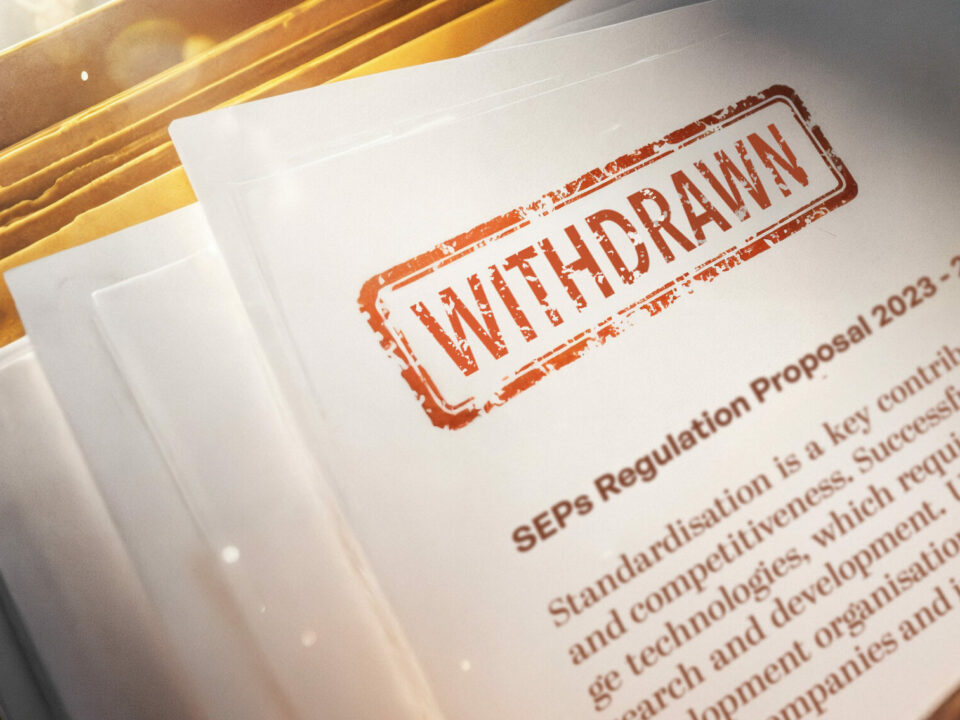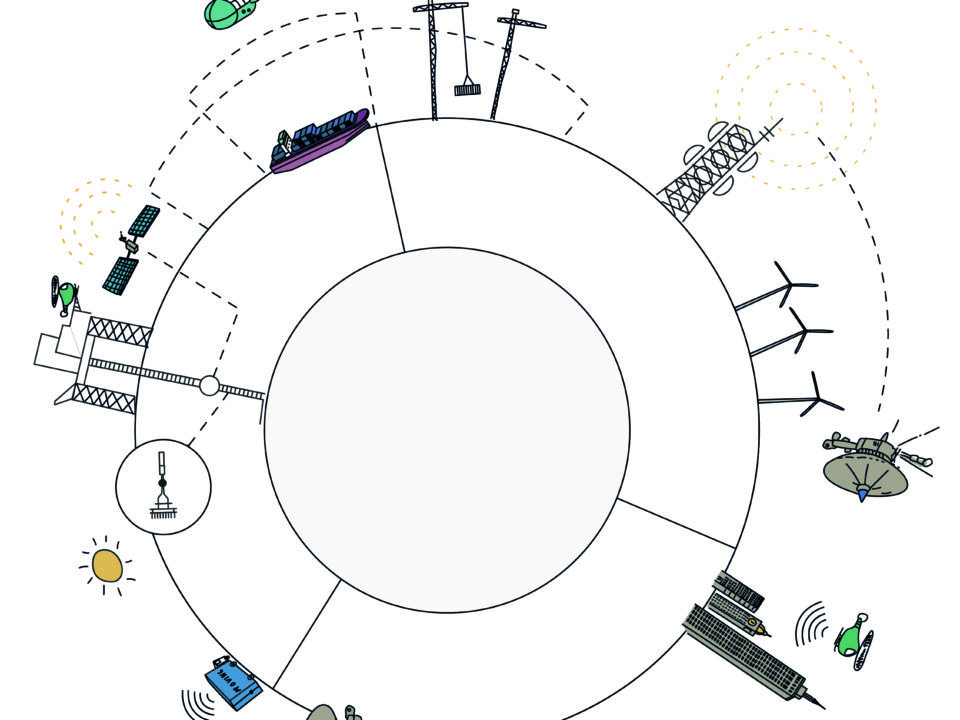The FSA is (almost) right about sustainability
Pretty much everyone, everywhere agrees individuals, businesses, societies, governments and the global community need to live and work more sustainably. So if ever there are disagreements they tend to be focused on how we get there.
Connected devices and technologies are key drivers of sustainability. A recent Fair Standards Alliance (FSA) filing with DG Competition says: “The development of the Internet of Things… is one of the key facilitators to sustainability…[1]”
IP Europe members agree.
And we applaud FSA member companies’ innovations across manufacturing, retail, healthcare, automotive and utilities, that will make those industries more sustainable. These would not exist without the €billions of investment into the foundational technologies – like the 3G, 4G and 5G cellular standards – that enable the Internet of Things (IoT).
The latest 5G standard in particular can enable new products and processes that drive sustainability.
In the US alone, by 2030 5G should create up to 300,000 new green jobs, cut 374 million metric tons of greenhouse gas emissions (the equivalent of taking 81 million passenger vehicles off US highways for a year), save 410 billion gallons of water, cut pesticide usage by 50 per cent and increase fuel efficiency by 20 per cent[2].
5G innovation can make industries across the globe more sustainable and it is founded on open global standards developed also by IP Europe’s member companies.
So far, so logical. So why is the FSA antagonistic toward the Standard Essential Patents (SEP) that make up the 5G standard, claiming they will stifle the green transition? We are not sure. But we do think this viewpoint is short-sighted and illogical. SEPs, which are available to license on fair, reasonable and non-discriminatory terms, are the foundation on which the future success of an ultra-connected world sits. You cannot have connectivity without connected devices and you cannot have cellular connected devices without SEPs.
Licensing SEPs bring fair compensation to technology contributors, which enables continuing innovation. It is right for cellular technology users to pay for the patented technologies that make and save them and their customers money.
Open connectivity standards mean FSA members have fair access to the technology. This in turn means that FSA members can focus their research energy on their specialities in the knowledge that a continuous advancing communication standard will always be available to them – developed also by IP Europe members with open standards.
This circle is virtuous, not vicious. The FSA should acknowledge that both their and IP Europe’s members have a role to play in the twin green digital transitions.
[1] FSA Submission in Response to DG COMP’s Call for Contributions on Competition Policy supporting the Green Deal – Fair Standards Alliance (fair-standards.org)
[2] https://www.qualcomm.com/media/documents/files/5g-and-sustainability-report.pdf



